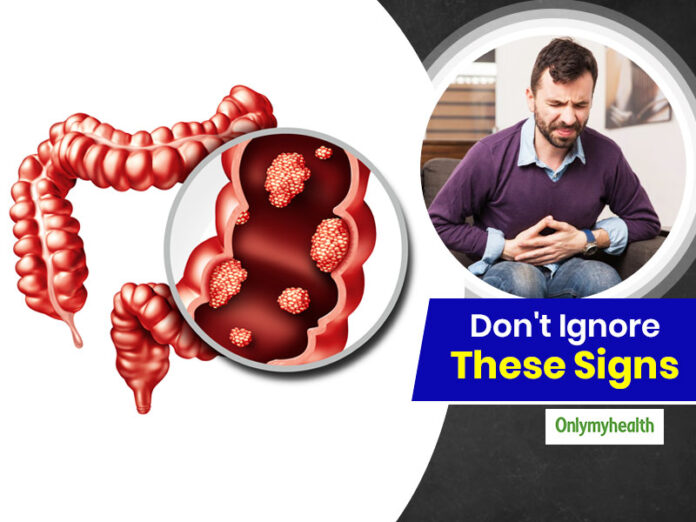
Don’t Ignore the Signs: Crucial Early Indicators of Colon Cancer
Colon cancer is the third most common cancer diagnosed in both men and women worldwide. It affects the colon, which is the final part of the digestive tract responsible for absorbing water and nutrients and eliminating waste. While the risk of developing colon cancer increases with age, it is crucial not to ignore the signs that could indicate the presence of this deadly disease. In this article, we will discuss some of the early indicators of colon cancer that should not be overlooked.
Bowel habits can provide vital clues about our overall digestive health. If you notice a sudden change in your bowel movements, such as prolonged constipation or persistent diarrhea, it can be an early warning sign of colon cancer. Additionally, if there is a change in the consistency of your stool, such as it becoming narrower than usual or alternating between thin and thick, it is advisable to consult a healthcare professional.
Colon cancer often causes unexplained weight loss. If you find yourself losing weight without any significant changes in your diet or exercise routine, it may be an early indicator that something is not right. Unexplained weight loss of 10 pounds or more should be taken seriously and discussed with a doctor, as it could be a sign of various health conditions, including colon cancer.
Blood in the stool, whether bright red or dark, should never be ignored. It can be an indication of many conditions, one of which is colon cancer. Blood in the stool can occur due to different reasons, including hemorrhoids or anal fissures, but it is essential to get a proper diagnosis to rule out any severe underlying causes.
Abdominal discomfort, cramps, or pain should not be ignored, especially if they are persistent or worsen over time. Colon cancer can cause these symptoms as a result of the tumor blocking or narrowing the colon, leading to discomfort and pain. If you experience persistent abdominal pain, it is essential to consult a healthcare professional for further evaluation.
Fatigue and weakness are commonly overlooked symptoms of various health conditions, including colon cancer. Cancer cells can cause changes in the body that result in generalized fatigue. If you find yourself feeling persistently tired or weak, even after getting an adequate amount of rest, it is essential to get a thorough check-up to rule out any serious underlying health issues.
Another crucial indicator of colon cancer is iron deficiency anemia. When a tumor in the colon starts bleeding, it can lead to chronic blood loss, resulting in anemia. If you experience symptoms such as persistent fatigue, shortness of breath, dizziness, or pale skin, it is crucial to seek medical attention to identify the cause of your anemia promptly.
Family history plays a significant role in determining the risk of developing colon cancer. If you have a close relative who has been diagnosed with colon cancer, especially at a young age, it is crucial to pay attention to any subtle signs or symptoms. Early detection is key in managing colon cancer effectively, and individuals with a family history may need to be more vigilant.
It is important to note that experiencing one or more of these symptoms does not necessarily mean you have colon cancer. However, it is crucial not to ignore them, as they could be early indicators of a serious health condition. If you notice any of these signs, it is advised to consult a healthcare professional who can evaluate your symptoms and recommend further tests if necessary.
Regular screenings, such as colonoscopies, are essential for early detection and prevention of colon cancer. These screenings can help identify precancerous polyps or malignant tumors in the colon, even before symptoms are present. It is recommended to speak with your doctor about when to begin regular screenings based on your risk factors and family history.
In conclusion, colon cancer is a prevalent and potentially life-threatening disease. Recognizing and addressing the early signs is crucial for timely intervention and improved outcomes. It is therefore important not to ignore any changes in bowel habits, unexplained weight loss, blood in the stool, abdominal discomfort, fatigue, or anemia. By taking these symptoms seriously and seeking medical attention, we can increase the chances of early detection and successful treatment of colon cancer.












